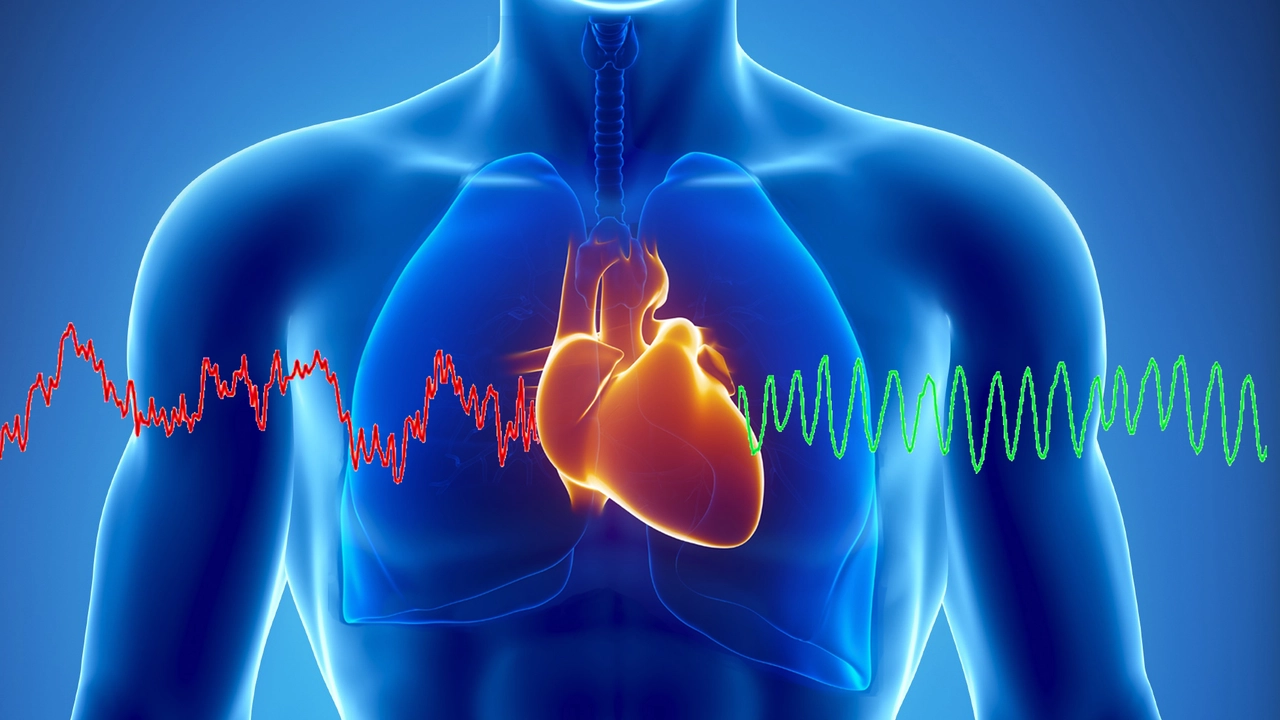Can a strike to the chest stop the heart?

Understanding the Mechanics of the Heart
Before we dive into the depths of whether a strike to the chest could indeed terminate the rhythm of this relentless organ, it's crucial to have a basic comprehension of how our heart functions. Remember, it's not just a poetic symbol for love or a fantastic suit in a deck of cards. It's a remarkable piece of biological machinery that beats about 100,000 times a day, pumping blood around our bodies. It's kind of like the drummer in the band of our bodily functions – keeping everything in sync. Max, my Irish Setter, with his heart-thumping excitement at the sight of a squirrel, or Sparky, my parrot, with his rapid heartbeat audible after a frantic flight, highlight just how diverse heart rates can be in the animal kingdom.
Evaluating the Impact of a Chest Strike
Now, could a thump to the chest halt this life-orchestrating organ? It might sound like a suspenseful twist out of an action mystery novel or a rather dark punchline to a not-so-funny joke but it's a question worth investigating. The human body, as resilient as it is, does have its vulnerabilities, so what's the score here? A physical blow to the chest, or what the medical lexicon refers to as 'blunt chest trauma', has the potential to influence the heart's rhythm. But pause right there. It's not as dreadfully common as you may think. It's a rare, yet real phenomenon known as 'commotio cordis'.
Delving into Commotio Cordis
Commotio Cordis – sounds like an incantation out of a Harry Potter book, doesn’t it? Well, unlike the world of wizarding, in the real realm, this isn't magic but a scary medical condition. It's Latin for "agitation of the heart", which occurs when a sudden blow to the chest causes the heart's electrical system to go haywire, resulting in what's known as 'ventricular fibrillation'. Now, that's a real mouthful. In layman's terms, it's like your heart just can't get its act together to beat in rhythm. The odds of it happening are based on a perfect-storm scenario: the force, the location, and tragically, the timing in relation to the heart's cycle.
The Story of an Unfortunate Cricket Ball
On a more personal and grim note, I have witnessed the occurrence of 'commotio cordis'. Hold onto your seats, folks, for this is a bit of a tragic ride. It was years ago, during a friendly match of cricket with some mates in the park. A forceful shot sent the cricket ball flying, hitting one of my friends square in the chest. The result? Unforeseen. The impact caused our friend to fall and lose consciousness immediately. The paramedics arrived promptly and started CPR, eventually reviving him. That cricket ball had hit him at the exact unfortunate moment his heart was electrically recharging, tossing its rhythm into chaos. It was a dreadful day, serving as a morbid reminder of the fragility underlying our perceived robustness.
Shielding Your Heart Literally and Figuratively
Supporting the idea that simplicity can be formidable, let's discuss preventive measures. We obviously can't go around wearing chest shields like ancient Roman gladiators, but understanding the potential risk during sports activities or violent encounters is essential. Medical experts recommend the usage of safety gear in sports, especially those exposing the chest area to potential impacts. A direct hit is not always life-threatening. So don’t go rejecting wrestling with your younger brother or abstaining from a thrilling match of baseball out of fear just yet. Be wary, of course, but don't let transfixing fear rule your actions. Enjoy life, because incidentally, staying happy and stress-free is yet another way to figuratively shield your heart!
Wrapping Up – The Heart of the Matter
While venturing into this topic felt akin to navigating a dense forest with pitfalls, understanding the dynamics of our hearts versus physical impacts has provided enlightenment. A perfectly timed strike can indeed lead to a fatal arrhythmia; however, these instances are fortunately scarce. It serves as a reminder of how imperative it is to ensure adequate safety measures when engaging in potentially risky physical activities. Let us respect the heart's rhythm – the life-giving cadence – and do our best to dance along and not against it. As I give Max an affectionate pat and smile at Sparky's lovable squawks, I realize that our hearts, in all their complexity and simplicity, indeed, hold the rhythm of life, love, and everything in between.